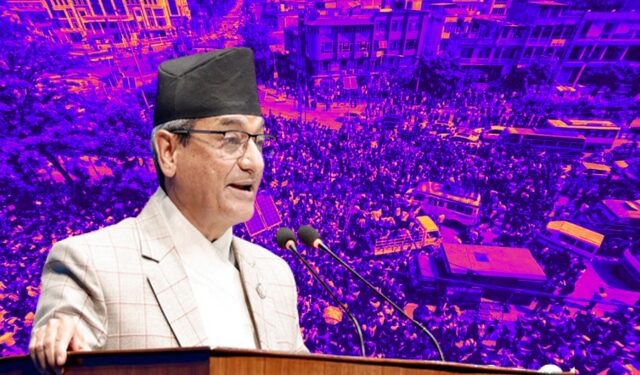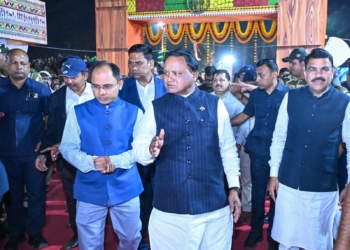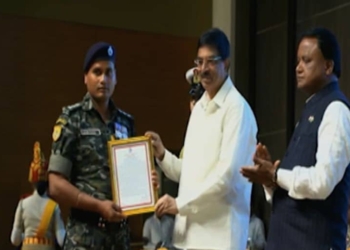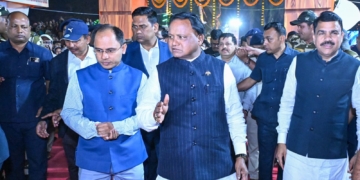Nepal is witnessing one of its largest youth-led uprisings in recent history. Sparked by the KP Sharma Oli government’s decision to ban 26 major social media platforms, including Facebook, Twitter, and YouTube, thousands of Gen Z protesters flooded the streets of Kathmandu and other cities demanding transparency, accountability, and digital freedom.
The protests, which began online, quickly escalated into violent clashes near Parliament. Security forces opened fire, resulting in at least 20 deaths and over 250 injuries.
Demonstrators breached barricades, vandalised Parliament gates, and set parts of the compound ablaze. The government responded with curfews and deployed the Nepal Army to restore order.
Nepal Home Minister Ramesh Lekhak has tendered his resignation to the PM during an urgent cabinet meeting in Baluwatar.
Home Minister Lekhak resigned amid mounting pressure, while Prime Minister Oli defended the ban as a matter of national sovereignty. Protesters, however, see it as a blatant attempt to silence dissent and suppress civil liberties.
Placards reading “Shut down corruption, not social media” and “Independent voice is our right” echoed through the streets, as the movement gained support across generations.
Analysts say the protests reflect deeper frustrations over economic inequality and misgovernance, transforming what began as a digital rights issue into a broader civil rights movement.






























